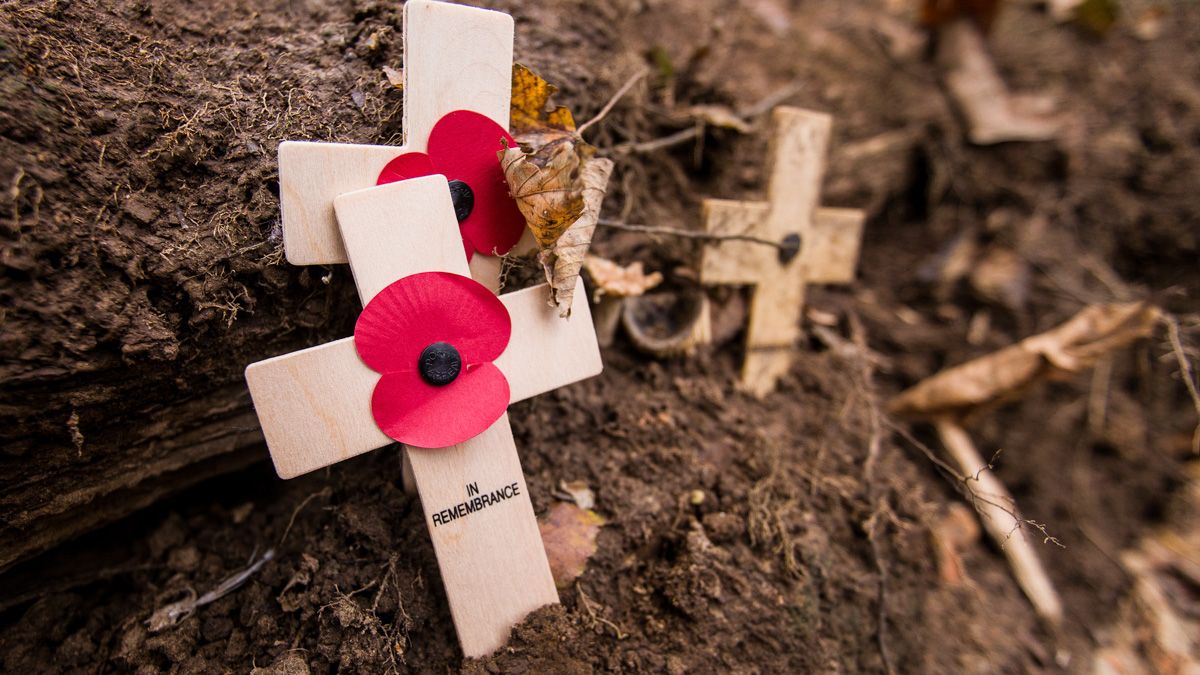Course Summary
The course involves studying elements of world and British history as well as topics which, when combined, cover a period of over 200 years. Students gain an understanding of change over time and develop historical perspective and the ability to identify the key features of a period, its particular characteristics and the forces of change, conservatism and consolidation. The course develops students’ awareness of cause and consequence, and of continuity, within a broad historical context.
In Year 12, students will study; British History (1790–1918), and the experience of war in four major overseas conflicts: the French Wars, the Crimean War, the second Boer War and World War One and South Africa, (1948–94), an in depth study of South Africa during its transition from white minority rule to the free elections of 1994.
In Year 13, students study USA in the twentieth century and its involvement in international conflict (c.1917–96) In addition, they will write coursework based on a controversy linked to an aspect of their Year 12 studies.
Careers / Progression
History is a subject valued by universities and employers because it combines logical investigation with reasoned and substantiated argument. Students who study History often follow the subject at degree level or study for a related subject such as Law, Politics or Sociology. In addition, some students who wish to enter medicine also take a 4th A Level subject which is not a science, and this could be history as critical analysis, extended writing, general research skills, etc. are all things which you need to do well in history and are also useful for a medical career. Continuing with the subject and taking history at degree level can then lead on to careers in teaching, heritage work (historical sites, museums etc.), archaeology, journalism and politics, to name just a few.
Careers / Progression
History is a subject valued by universities and employers because it combines logical investigation with reasoned and substantiated argument. Students who study History often follow the subject at degree level or study for a related subject such as Law, Politics or Sociology. In addition, some students who wish to enter medicine also take a 4th A Level subject which is not a science, and this could be history as critical analysis, extended writing, general research skills, etc. are all things which you need to do well in history and are also useful for a medical career. Continuing with the subject and taking history at degree level can then lead on to careers in teaching, heritage work (historical sites, museums etc.), archaeology, journalism and politics, to name just a few.

